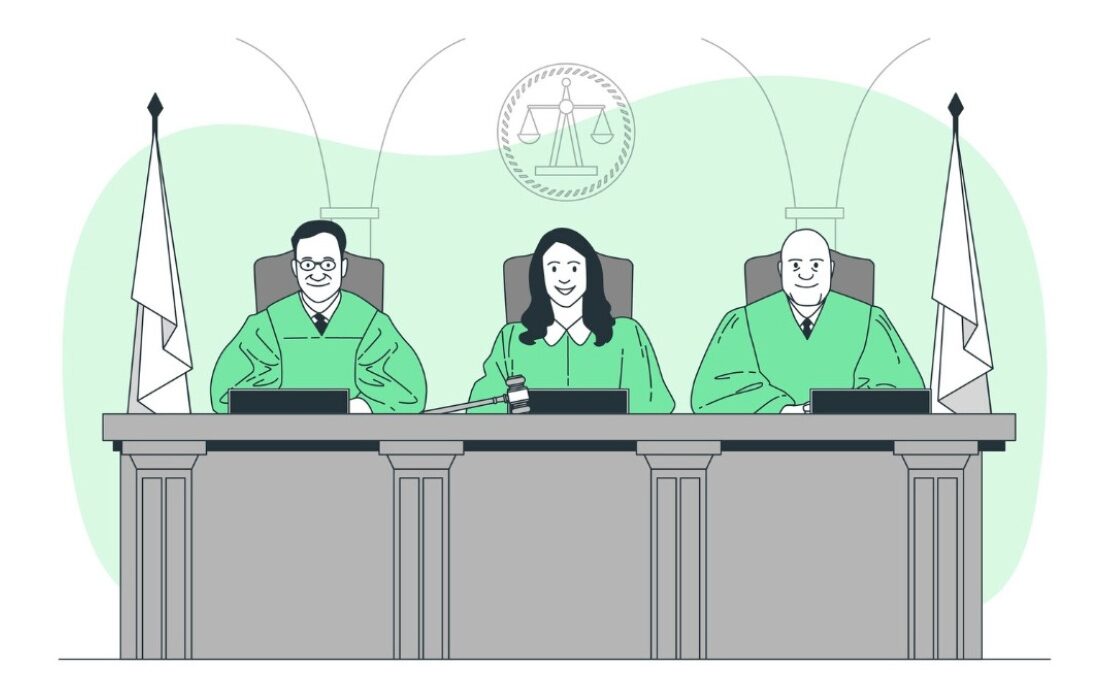In a recent ruling by the United States District Court for the District of Idaho, BUA International Limited secured a notable victory, affirming the global enforceability of arbitration awards. The court upheld an award of £343,750.91 in favour of BUA International, stemming from a dispute with Domtec International LLC regarding a supply agreement for sugar dome construction in Lagos and Port Harcourt, Nigeria.
Insights into the Arbitration and U.S. Court Enforcement:
- Arbitration Details: The arbitration, conducted in Tortola, British Virgin Islands under the oversight of Michael J. Fay K.C., concluded in November 2022. It ended with a decision favoring BUA International, which included compensation from Domtec amounting to £343,750.91 plus an additional $42,560 covering tribunal fees and costs.
- U.S. Enforcement: To enforce the arbitral award, BUA International approached the U.S. District Court for the District of Idaho. The court’s confirmation of the award highlights the robust framework supporting the cross-border enforcement of arbitration decisions, ensuring they are recognized and executed beyond the arbitration venue.
Insights from the BUA International Case:
- Binding Arbitration: The binding nature of arbitration stems from the parties’ agreement to abide by the arbitrator’s decision, similar to a contractual obligation. This principle was key in resolving the dispute between BUA International and Domtec International.
- Enforcement Necessity: While arbitral awards carry inherent authority, enforcement is essential when the losing party does not voluntarily comply. This was illustrated by BUA International’s move to secure judicial enforcement for Domtec’s payment.
- Cross-Jurisdictional Enforcement: The enforcement process for arbitral awards varies by jurisdiction but typically involves a legal filing with judicial authorities. In Nigeria, the Arbitration and Mediation Act, 2023 requires submission of certified copies of the arbitral award and the arbitration agreement to the High Court, recognizing the award as a court judgment.
- Uniform Enforcement Standards: Nigeria’s Arbitration and Mediation Act treats local and foreign arbitral awards similarly, reflecting the principle of party autonomy and international arbitration standards.
Stay Ahead with Expert Legal Guidance:
As arbitration continues to be a preferred mechanism for international dispute resolution, understanding its nuances is key to leveraging its full potential. For expert legal advice on arbitration agreements, cross-border enforcement of arbitral awards, or navigating the complex landscape of international dispute resolution, SimmonsCooper Partners is your trusted advisor.
Connect with Us:
For further assistance or to discuss how we can support your needs in international dispute resolution, contact us at info@scp-law.com or visit our website at www.scp-law.com.





